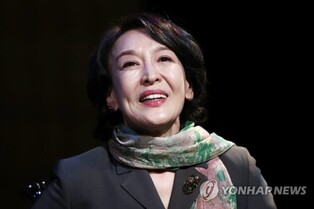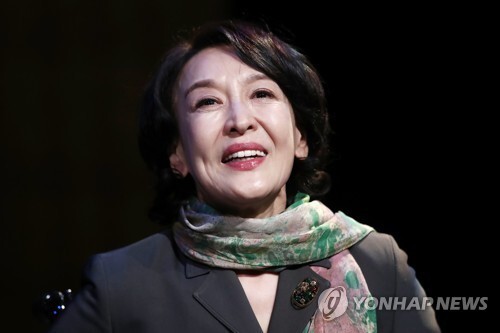dailies-editorials (2)
(EDITORIAL from Korea Times on Nov. 12)
Growing security risks
Trump must not undermine value of ROK-US alliance
Russian President Vladimir Putin recently signed a treaty into law that deepens the strategic partnership between Russia and North Korea. This treaty mandates military cooperation between the two countries, with a mutual defense provision if one party is invaded. As a result, North Korea could send more troops to support Russia in its ongoing war with Ukraine, while Moscow will transfer cutting-edge military technologies to Pyongyang. This deal is expected to accelerate the development of North Korea's nuclear and missile capabilities, which will heighten military tensions not only on the Korean Peninsula but also in East Asia.
Once the treaty takes effect, following the exchange of documents between Pyongyang and Moscow, North Korea will likely feel emboldened to escalate its nuclear provocations. Recently, North Korea launched the Hwasong-19, a new intercontinental ballistic missile (ICBM) capable of reaching the U.S. mainland, intensifying concerns about the possibility of more such tests in the near future.
Putin's efforts to strengthen military relations with North Korea are driven by a dual agenda: bolstering Russia's position in its war with Ukraine and seeking to weaken the global coalition of democratic nations, including the U.S., South Korea, and the European Union. This collusion between Russia and North Korea further destabilizes the East Asian region, with potentially grave implications for global security.
The timing of this treaty is significant, as it comes just ahead of the inauguration of a new Donald Trump administration. During his presidency, Trump met North Korean leader Kim Jong-un, and there are growing concerns that the U.S. leader could pursue a similar approach during his second term at the White House, potentially even involving a visit to Pyongyang for another meeting with Kim. This raises the possibility that Trump might recognize North Korea's nuclear arsenal in exchange for a freeze on the North's development of ICBMs capable of reaching the U.S. mainland, along with lifting certain sanctions.
While dialogue with North Korea may be a valid approach to addressing tensions, there is a significant risk that such a move could undermine the security and strategic interests of South Korea and the broader region. As former National Security Advisor John Bolton warned, a second Trump term could bring even more dangerous consequences than the first, as the U.S. leader may be more inclined to prioritize direct diplomacy with North Korea over working closely with America's allies in the region.
In this context, it is critical that Trump, if he returns to power, does not undermine the value of the U.S.-South Korea alliance. Any potential engagement with North Korea should be conducted with full consultation and coordination with South Korea, which is on the front lines of the North Korean threat. South Korea has made it clear that the integrity of the ROK-U.S. alliance is non-negotiable and that any steps toward denuclearization should be carefully planned and executed with Seoul's input.
South Korean President Yoon Suk Yeol has expressed concerns about the shifting global economic and security landscape with the possible return of Trump. Yoon has emphasized the need for South Korea to maintain a strong deterrence against North Korean provocations, backed by a solid U.S.-South Korea alliance. In a recent meeting, Yoon directed his government to take all necessary steps to safeguard national security and to enhance military readiness in partnership with the U.S. He emphasized the importance of close coordination with Washington on all issues concerning North Korea's nuclear program.
Given the growing risks posed by North Korea and the changing dynamics of U.S. foreign policy, it is crucial for the leaders of South Korea and the U.S. to meet and discuss the potential challenges ahead. Such a meeting would help ensure that the two allies are on the same page in terms of security strategy, particularly regarding North Korea's nuclear ambitions. Yoon should also use all available diplomatic channels to engage with Trump at the earliest opportunity to foster mutual understanding and strengthen the strategic partnership between South Korea and the United States.
South Korea's role as a key ally in both security and economic matters is essential in addressing the North Korean threat. In the face of growing instability in East Asia, the U.S. and South Korea must maintain a unified front, working together to deter further provocations from Pyongyang while pushing for the complete denuclearization of North Korea.
The ROK- U.S. alliance is more vital than ever, especially in the face of increasing cooperation between Russia and North Korea. Any shift in U.S. policy, particularly under a potential second Trump administration, must prioritize consultation with South Korea and respect the critical security interests of the region. Only through a unified, coordinated approach can the growing threats from North Korea and other regional actors be effectively addressed.
(END)
(C) Yonhap News Agency. All Rights Reserved

































